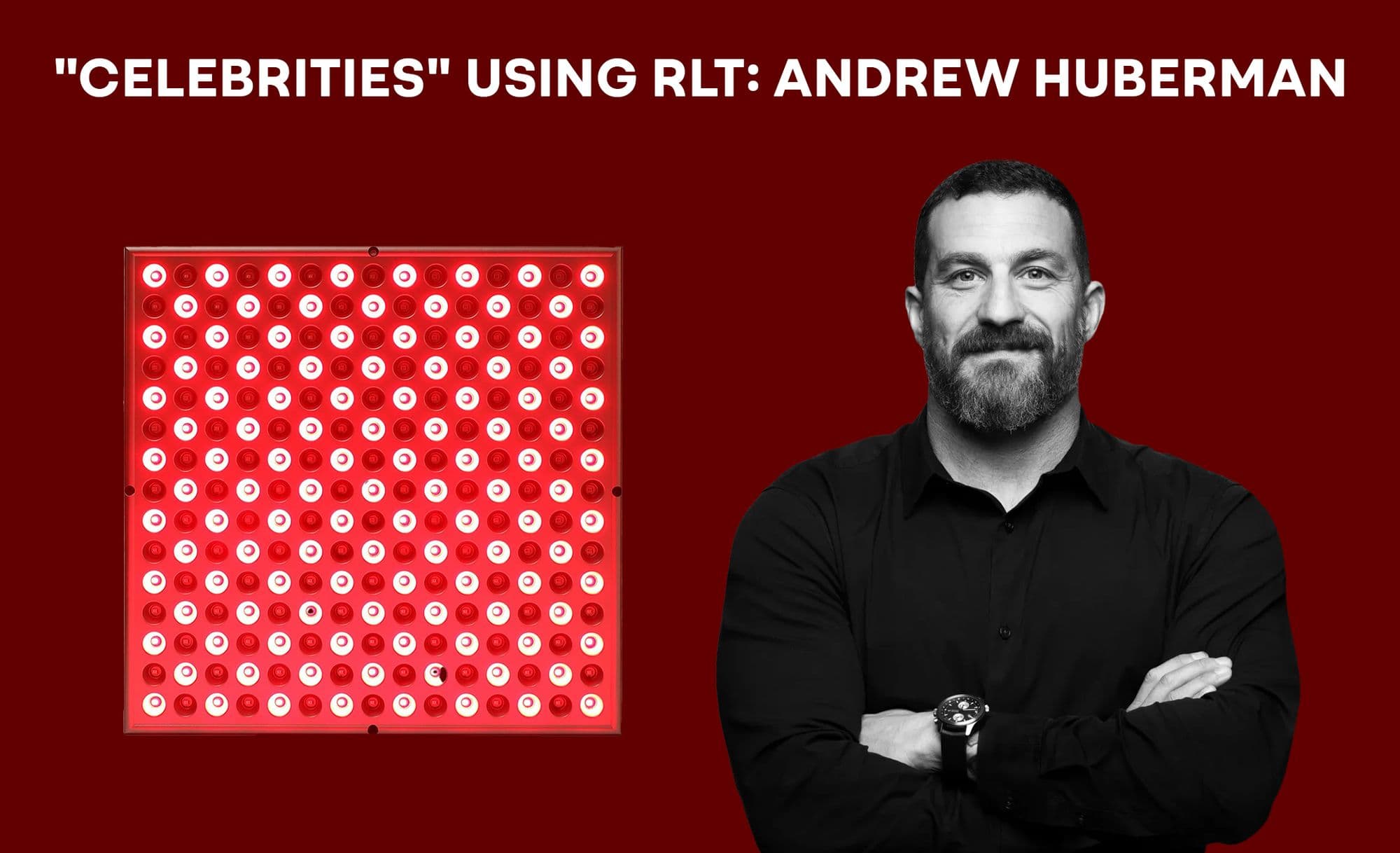Neuroscientist Andrew Huberman Labels LED Lighting 'Processed Food of Lighting,' Championing Incandescent Bulbs for Human Health

In a recent social media post, Austin Tunnell highlighted neuroscientist Andrew Huberman's strong advocacy for the resurgence of incandescent light bulbs, positing them as a healthier alternative to modern LED lighting. Tunnell quoted Huberman, stating that LEDs are akin to "the processed food of lighting," citing mounting evidence that the shortwave, blue light emitted by these energy-efficient sources is detrimental to human health. This perspective suggests a potential shift towards lighting solutions that prioritize biological well-being over energy consumption.
Concerns surrounding the impact of blue light on human physiology have gained traction in recent years. Research, frequently discussed by Huberman, indicates that excessive exposure to short-wavelength blue light, particularly in the evening hours, can disrupt circadian rhythms by suppressing melatonin production. This disruption is linked to various health issues, including impaired sleep quality, altered mood, and potential long-term metabolic consequences.
Incandescent bulbs, by contrast, generate light through heat, producing a broader spectrum that includes more red and infrared wavelengths and significantly less blue light compared to typical cool-white LEDs. This full-spectrum emission is argued to be more aligned with natural light cycles, which are crucial for maintaining healthy biological functions. Proponents suggest that the warmer, less blue-heavy light of incandescents is less disruptive to the body's internal clock.
Huberman's broader work emphasizes the importance of "light hygiene," recommending bright, blue-rich light exposure during the day to support alertness and mood, but advocating for dim, warm-toned, or red light after sunset. This approach aims to minimize the negative effects of artificial light on sleep and overall health. The call for a return to incandescent bulbs reflects a growing awareness of light's profound biological effects beyond mere illumination, urging consumers to consider the spectral quality of their indoor lighting.